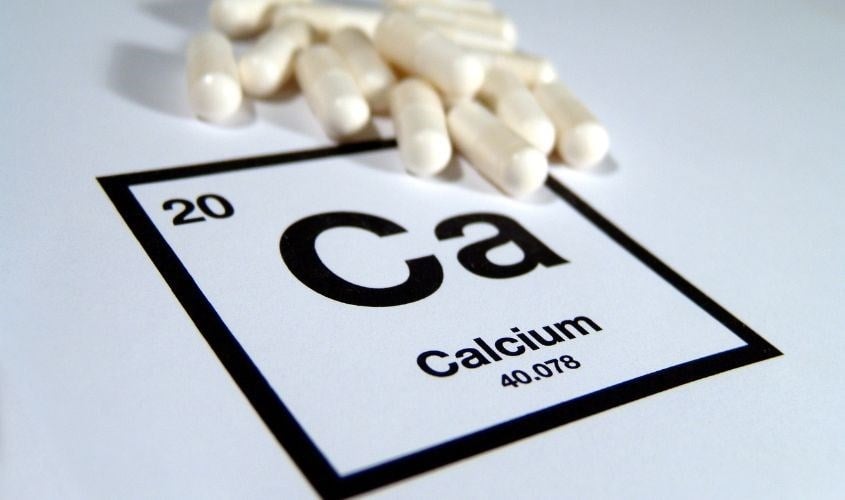The years leading up to menopause can be a turbulent time for women, marked by a decline in estrogen levels, irregular menstrual cycles, and prominent signs of aging. Neglecting to provide the body with the necessary nutrients during this time can have a detrimental effect on health and overall well-being.
Thus, it is imperative for women to proactively take charge of their health as they approach middle age. However, many are unsure of how to adequately care for themselves to stave off the aging process and maintain long-term wellness.
1. Middle-aged women may encounter three concerning health risks
Weight Gain and Chronic Illness
As women transition into middle age, a slower metabolism often leads to weight gain. Failure to manage this weight gain effectively can result in fat accumulation under the skin and around internal organs, increasing the risk of chronic conditions such as obesity, hypertension, cardiovascular disease, and diabetes.

Bone and Joint Health Decline
Compared to men, women tend to have lower bone density. The drop in estrogen levels during middle age accelerates bone loss, heightening the risk of osteoporosis, fractures, and joint inflammation.
Menopause Symptoms
Around the age of 50, women experience physiological changes such as irregular periods, insomnia, and mood swings, signaling the onset of perimenopause or menopause. Without timely intervention, this period can extend, leading to depression and significant physical and mental health issues.
Solution: To navigate these changes, middle-aged women should focus on adjusting their diets and ensuring adequate nutrient intake. This proactive approach effectively slows down aging, enhances overall health, and maintains a good quality of life.
2. Gynecologist’s Recommendation: Four Essential Nutrients for Middle-Aged Women
As women enter middle age, their bodies undergo noticeable physical and hormonal changes. To slow down aging and safeguard their health, experts advise promptly incorporating the following four critical nutrients into their diets:
1. Calcium – Combat Osteoporosis and Maintain Youthful Physique
Middle-aged women are prone to rapid calcium depletion, increasing the risk of osteoporosis, fractures, and impaired mobility. Adequate calcium intake not only strengthens bones but also contributes to slower aging.
Calcium can be obtained from dairy products, eggs, fish, shrimp, or supplements, as advised by a physician.

2. Estrogen – Hormonal Balance and Menopause Symptom Relief
The decline in estrogen levels during middle age is the primary culprit behind hot flashes, insomnia, irregular periods, and depression. Timely estrogen supplementation helps women navigate menopause more comfortably and lowers the risk of bone, joint, and cardiovascular issues.
Phytoestrogen-rich foods like soy, eggplant, seeds, and nuts, or dietary supplements, are ideal for supporting hormonal balance.
3. Folic Acid – Guard Against Cerebrovascular Accidents
Folic acid is not just crucial during pregnancy; it is equally essential for middle-aged women. Research indicates that a deficiency in folic acid increases the risk of cerebral infarction in the elderly.
Green leafy vegetables, fruits such as kiwis, strawberries, and cherries, soy products, or supplements recommended by healthcare professionals, are excellent sources of folic acid.
4. Vitamin B Complex – Fortify the Nervous System and Enhance Sleep Quality
Vitamin B plays a pivotal role in regulating nerve function and promoting restful sleep. During middle age, as hormone levels fluctuate, women may experience heightened anxiety, insomnia, and fatigue. Vitamin B supplementation helps soothe the nervous system and enhance mood.
Vitamin B-rich foods include whole grains, liver, eggs, dairy, and dairy products.
Recommendation: The body begins to show signs of aging from the age of 30 onwards. Therefore, instead of waiting for health issues to surface, it is advisable to prioritize nutrition earlier in life. Proactive self-care is the key to helping women retain their youthful appearance and sustain their health well into their golden years.
































